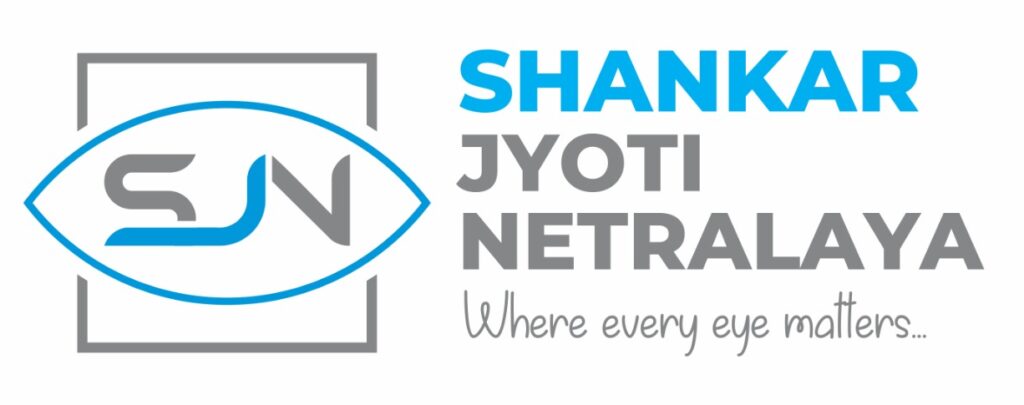Cornea Treatment
Home > Cornea Treatment
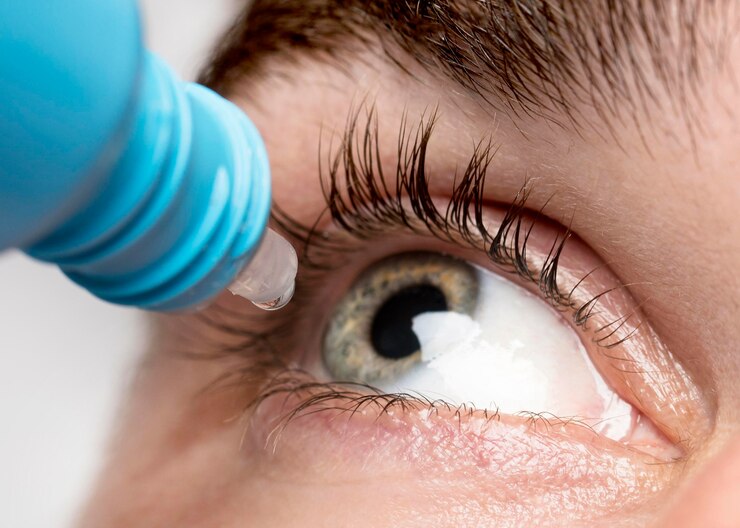
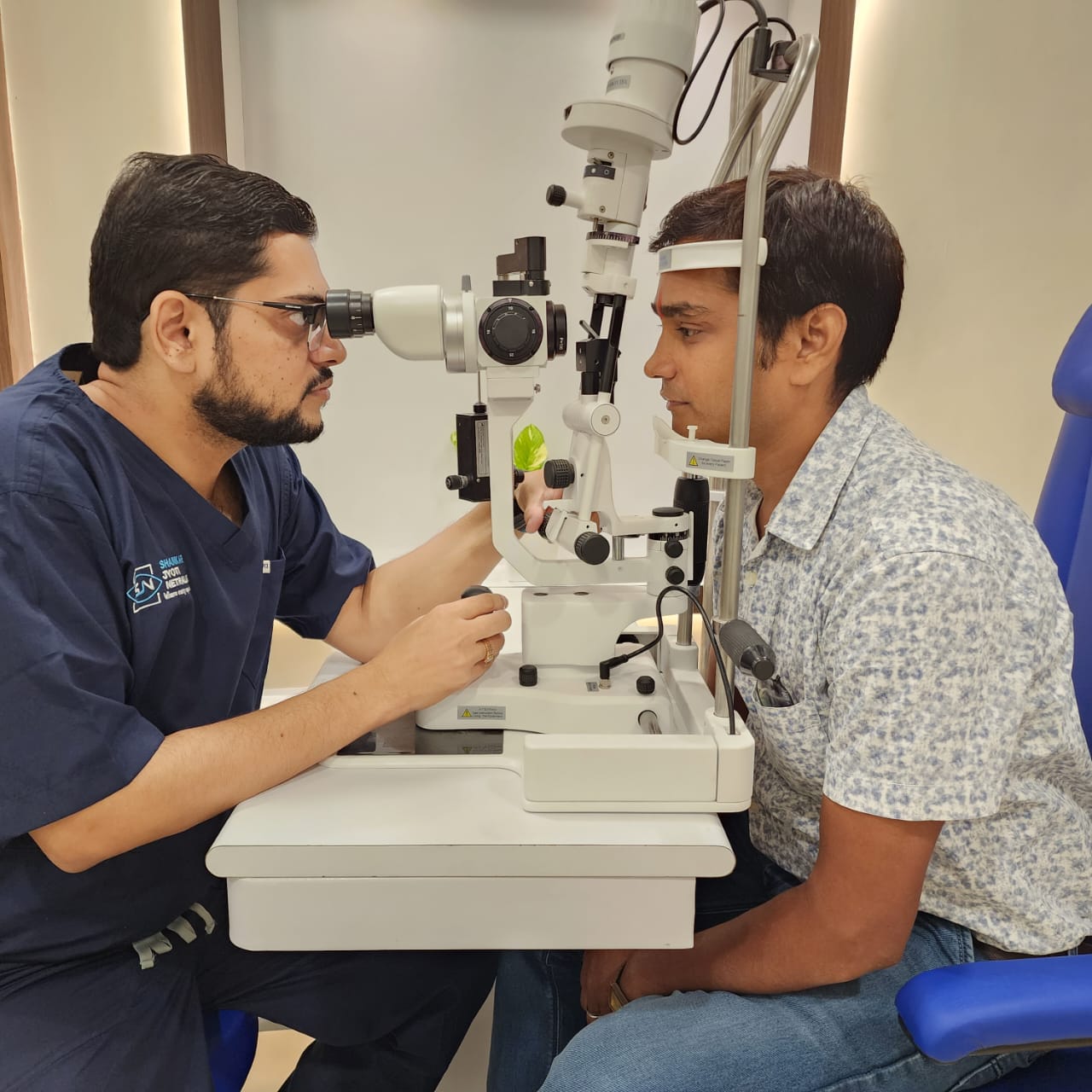
What is Cornea?
The cornea is the clear, outermost layer of the eye that helps to focus incoming light. The light that comes from the external environment should reach the retina for perfect vision; here the cornea is responsible for transporting the light from the external. In that case, when the cornea is affected by some problems your vision gets damaged in certain ways, and corneal eye problems can occur due to injury, infection, inflammation, or other underlying conditions. Corneal issues are something very serious that have to be treated bya renowned cornea specialistto keep your vision safe for your future.
Cornea Disease
The common corneal diseases are – corneal ulcer, contact lens-related infections, and trauma-related abrasions. disorders, keratoconus, Fuchs’ endothelial dystrophy, and pterygia etc.
The severity of corneal disease may vary from mild to severe. Our specialist, Dr Samiksha, is available to assist you if you have any issue that requires sophisticated medical or surgical treatmentof corneal disorders at Shankar Jyoti Netralaya.
Common Corneal diseases
- Corneal abrasion: a scratch or injury to the cornea, which can cause pain, redness, and sensitivity to light
- Keratitis: inflammation or infection of the cornea, which can be caused by bacteria, viruses, fungi, or parasites
- Corneal dystrophy: a group of genetic conditions that can cause clouding or thinning of the cornea, leading to vision problems
- Corneal ulcer: an open sore on the cornea, often caused by infection or injury, which can lead to vision loss if left untreated
- Corneal edema: swelling of the cornea due to fluid accumulation, which can cause blurred vision and discomfort.
Treatment for corneal eye problems may include medication, eye drops, ointments, or in some cases, surgery. It’s important to seek prompt medical attention if you experience any symptoms of corneal eye problems to prevent further damage to the eye and maintain good eye health.Causes
Treatment
Corneal conditions can be treated with eye patches, bandage contact lenses, prescription eye drops, or pills. Advanced corneal diseases like corneal degeneration, is treated with a cornea transplant surgery or laser treatment. Keratoconus, a situation that causes the cornea shape to be distorted, is time and again managed with unique contact lenses. Autoimmune disorders are tackled by treating the core disease.
Our Cornea Treatment Services Include:
Therapeutic Penetrating Keratoplasty (TPK): Therapeutic penetrating keratoplasty (TKP) is recommended for ruthless fungal keratitis to stop the infection, avoid complications, and preserve the globe integrity.
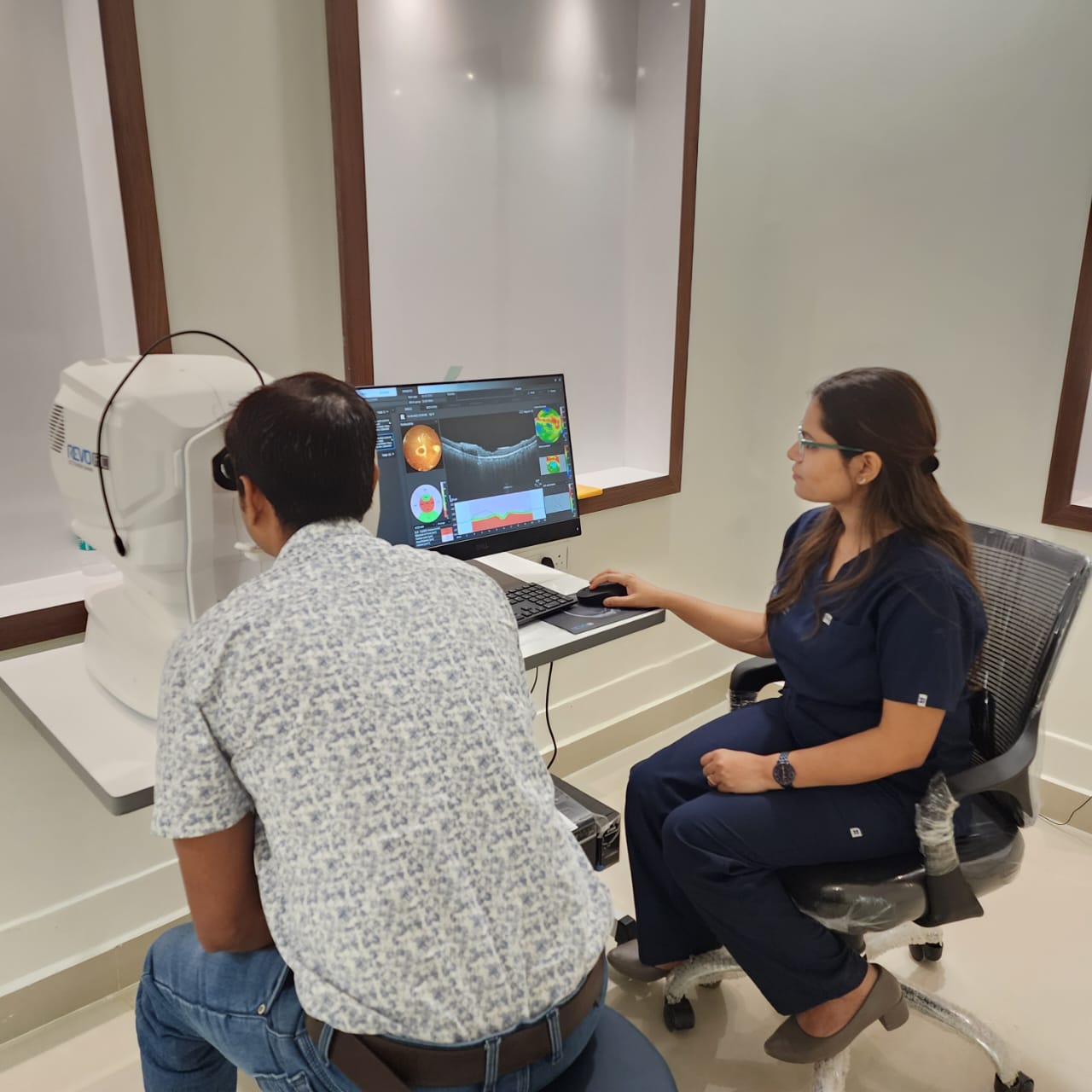
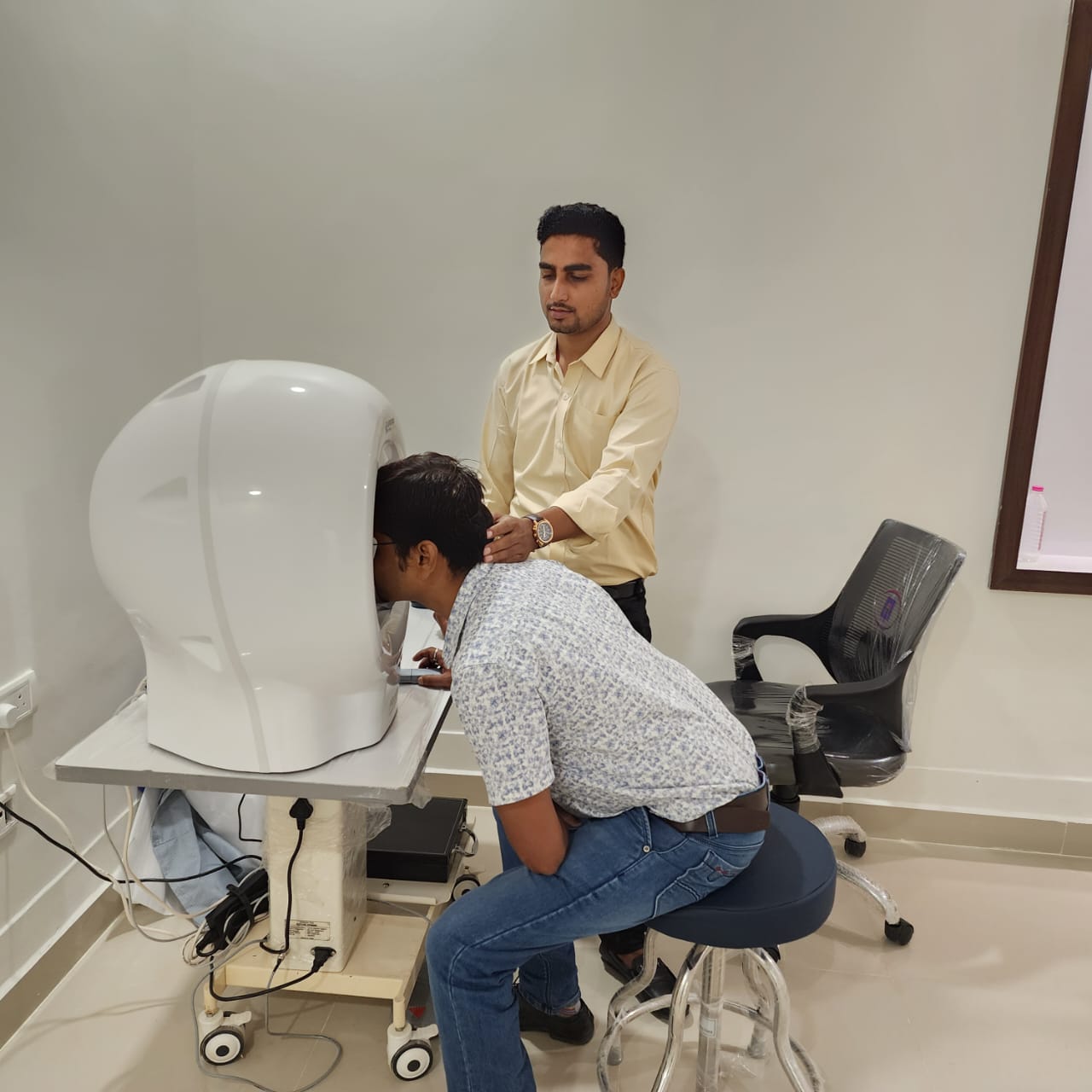
Descemet’s membrane endothelial keratoplasty (DMEK) is a partial thickness corneal transplant process. Here the donor Descemet membrane (DM) and endothelium replace the host DM and endothelium.
Hard Contact Lens (RGP & Scleral): Rigid Gas Permeable (RGP) contact lens can get better the visual acuity in patients with keratoconus and manage complications after a corneal transplant. Scleral lenses efficiently treat corneal conditions because instead of contacting the cornea, this lens rests its weight on the sclera (eye-white) and vaults over the cornea.
CXL: Corneal Collagen Cross-Linking (CXL) inhibits the progress of corneal ectasias. It strengthens corneal tissue by using riboflavin as a photosensitizer.
To learn more about our corneal treatment and cornea replacement surgery, visit Shankar Jyoti Netralaya. We offer the most effective procedures for corneal transplant at an affordable cost in Patna.
Our surgeons especially Dr Samiksha with over many years of surgical experience also ensure that at every step of the surgery, the patients are taken good care of, and they have all the answers to their questions.
If you Have Any Questions Schedule an Appointment
With Our Doctor OR Call Us On 0612-3102254
Frequently Asked Questions(FAQ's)
corneal abrasions heal within one to three days and seldom progress to corneal attrition or infection.
An increase in MMPs may affect in abnormal or extreme declination of the ECM, hindering corneal laceration healing and causing RCEs. Other factors that delay corneal rehab include smoking, diabetes, neurotrophic complaints, and optic surface complaint. Studies indicate that distorted cell migration and proliferation signaling pathways and impaired corneal nerve function can delay corneal healing.
Bowman's membrane helps the cornea maintain its shape, and if injured, this class doesn't regenerate and may affect in a scar.
